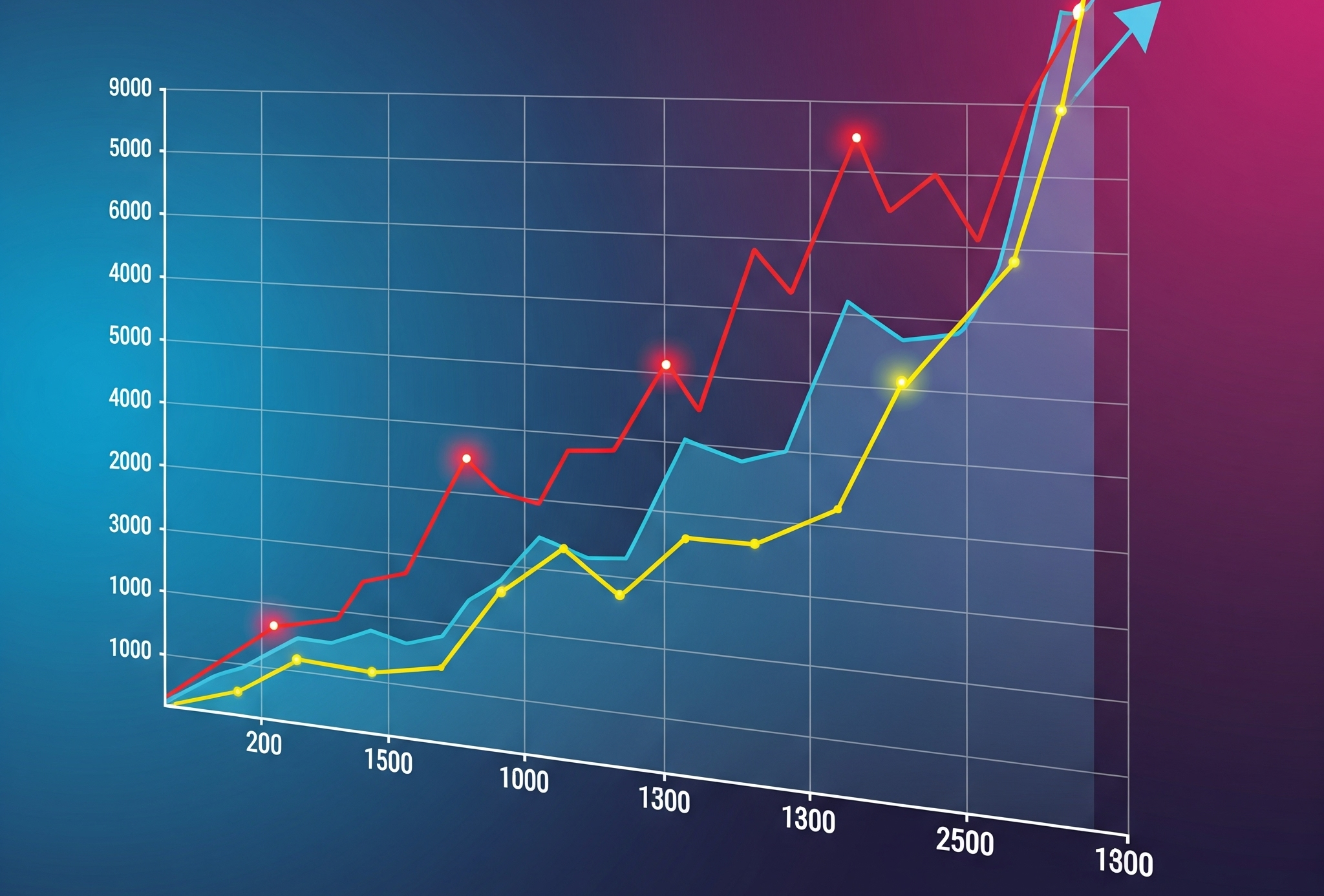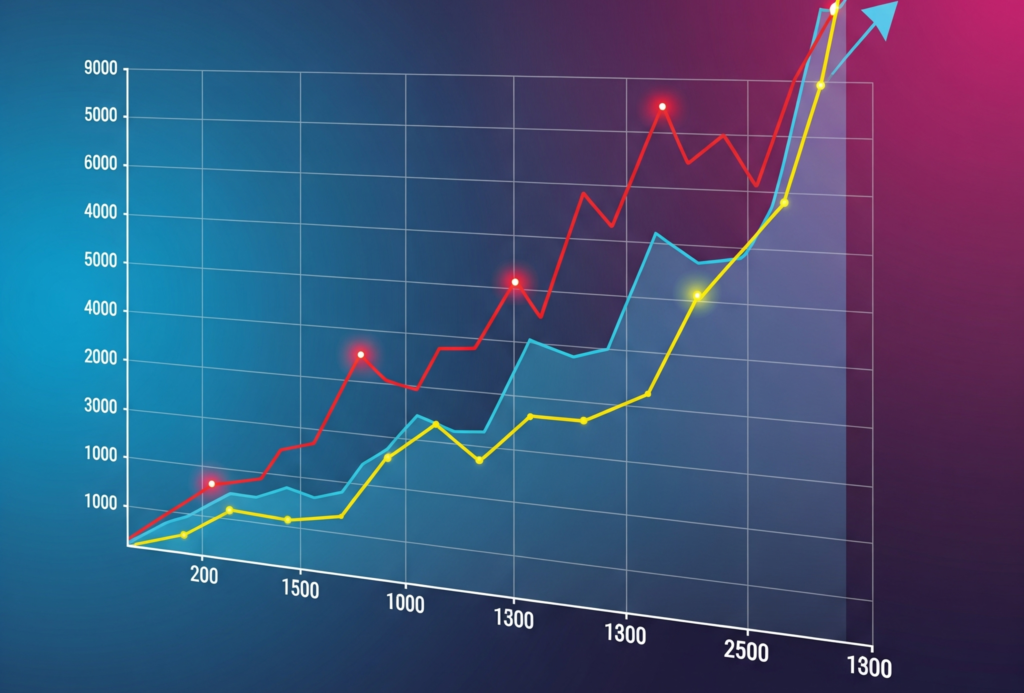
In a remarkable turn of events, the Brazilian stock market, represented by the Ibovespa index, has experienced a significant surge following the announcement that U.S. President Donald Trump is pausing global tariffs for a critical period of 90 days. This decision has not only invigorated the Brazilian market but has also sent shockwaves through major indices in New York, with the dollar witnessing a substantial drop against other currencies.
The Immediate Impact on the Ibovespa
The Ibovespa index, which serves as a benchmark for the Brazilian stock market, closed with a robust increase, reflecting investor optimism. The announcement of the tariff pause has led to a wave of buying activity, as traders reacted positively to the potential easing of trade tensions between the United States and other nations. With Brazil being a significant player in global trade, particularly in agribusiness and natural resources, the announcement was music to the ears of investors who had been wary of the potential economic fallout from escalating trade disputes.
Analysts noted that the market’s response was not just a knee-jerk reaction but was supported by fundamental factors such as Brazil’s strong agricultural exports, particularly soybeans and coffee. With the U.S. tariffs on key commodities being suspended, Brazilian exporters could benefit from increased demand and potentially higher prices on the global market.
U.S. Indices Surge
The ripple effect of Trump’s decision was felt across the Atlantic, with major U.S. indices experiencing significant gains. The Dow Jones Industrial Average, S&P 500, and NASDAQ all surged as investors rallied behind the news. The suspension of tariffs is seen as a temporary reprieve that could pave the way for more stable economic relations, at least in the short term. Market analysts highlighted that this could lead to a more favorable environment for corporate earnings, particularly in sectors adversely affected by tariffs, such as technology and manufacturing.
In particular, technology stocks, which had faced increased scrutiny due to tariff implications, saw a rebound. Companies that rely on global supply chains and exports were particularly buoyed by the prospect of reduced trade barriers. This optimism has helped to offset some of the market volatility that characterized the preceding months.
The Dollar’s Decline
In tandem with the stock market surge, the U.S. dollar plummeted by 2.54% against a basket of major currencies. The currency’s decline can be attributed to the market’s reassessment of the U.S. economic outlook in light of the tariff suspension. A weaker dollar typically makes U.S. exports cheaper for foreign buyers, which could further stimulate economic growth. However, it also raises concerns about inflation and the Federal Reserve’s potential response to changing economic conditions.
The depreciation of the dollar is particularly significant for emerging markets like Brazil. A weaker dollar tends to attract foreign investors to emerging market equities, as the potential for higher returns becomes more appealing. This influx of capital can help stabilize local currencies and bolster economic growth.
The Broader Economic Implications
While the immediate reaction to Trump’s tariff pause has been overwhelmingly positive, the broader implications of this decision are still unfolding. Economists are cautiously optimistic, but they warn that the temporary suspension of tariffs does not eliminate the underlying trade tensions that have characterized U.S. relations with several countries.
The uncertainties surrounding global trade policies remain a concern for investors. The 90-day pause may provide a window for negotiations and dialogue, but the risk of renewed tariffs looms large. Stakeholders in both the U.S. and Brazil will be watching closely to see if this leads to a more comprehensive resolution or if tensions will flare up again once the pause is over.
Outlook for Brazilian Markets
Looking ahead, the Brazilian market is poised for a period of volatility as investors digest the implications of the tariff suspension. While the initial reaction has been positive, the sustainability of this rally will depend on several factors, including the direction of U.S. trade policy, global economic conditions, and domestic economic indicators within Brazil.
Brazilian companies that rely heavily on exports will likely continue to benefit from the favorable trade environment, especially in agribusiness. However, sectors that are more exposed to international supply chains may face challenges if global economic conditions shift or if tariffs are reinstated.
Conclusion
The announcement of a 90-day pause on global tariffs by President Trump has sparked a wave of optimism in both the Brazilian stock market and U.S. indices. The Ibovespa’s strong performance is a testament to the interconnectedness of global markets and the potential for trade policies to influence investor sentiment. While the initial reaction has been positive, the coming months will be critical in determining whether this rally can be sustained or if new challenges will emerge.
As investors navigate this evolving landscape, the focus will remain on the broader implications of trade relations and their impact on economic growth. For now, the markets are basking in the glow of a temporary reprieve, but the question remains: how long will this optimism last? Only time will tell.

